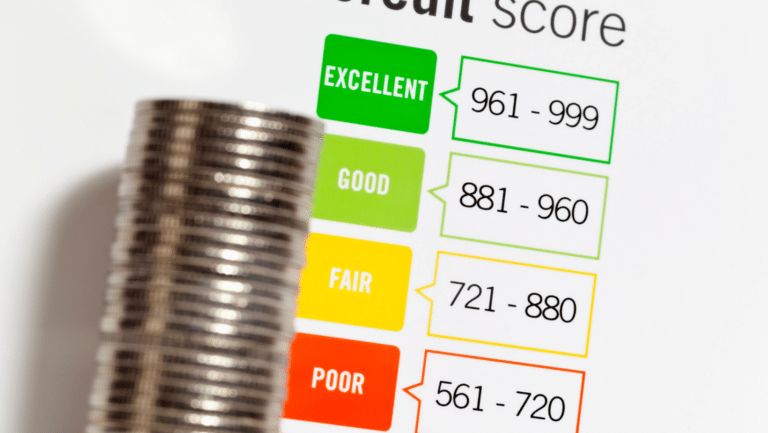Here’s How to Prepare your Finances
With the additional $600 per week unemployment benefits coming to an end this week, it is important to think about the ways in which you can prepare your finances for the months ahead. Many Americans are currently jobless and have been relying on these additional COVID-19 related unemployment benefits. There is much uncertainty as we…




